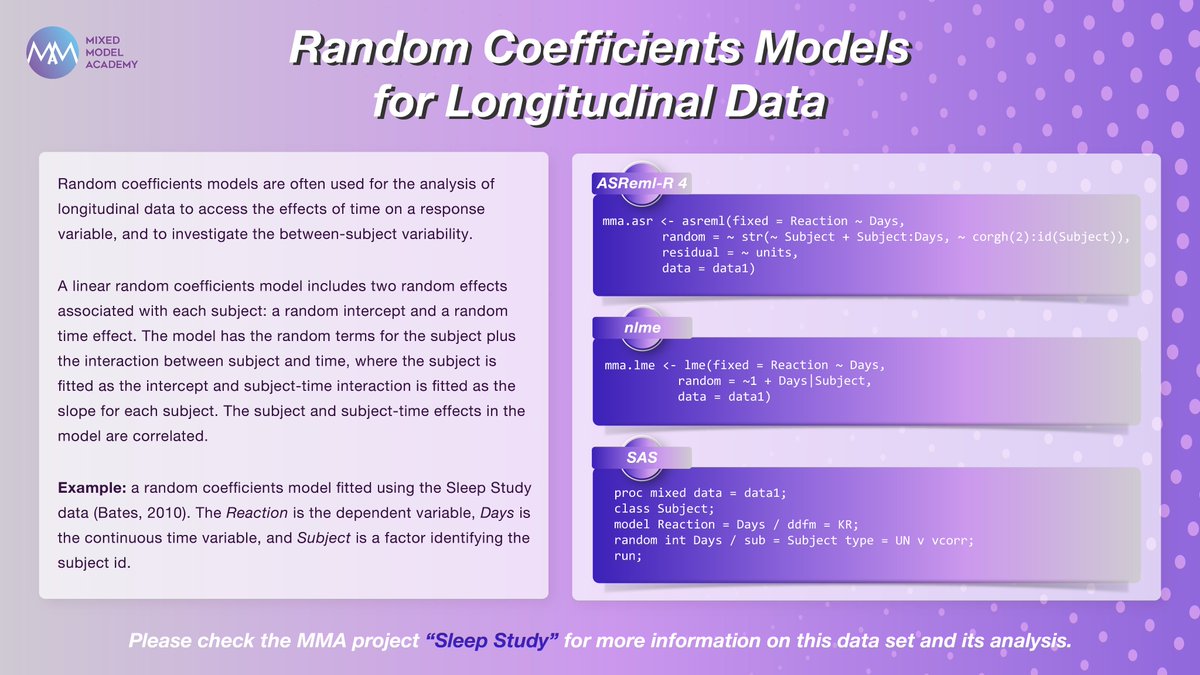

Stan is thus an ideal platform for flexibly estimating SAMs in any empirical system, as is further discussed in the main text ( Martin and Jaeggi 2021). In particular, the No U-Turn Sampler (NUTS) implimented in Stan has been found to perform particularly well for quantitative genetic analysis ( Nishio and Arakawa 2019). Stan also facilitates fully Bayesian inference using state-of-the-art Markov Chain Monte Carlo (MCMC) sampling techniques. 2017) is an open-source programming language for estimating probabilistic models of arbitrary complexity, which can interface with multiple statistical environments such as R ( R Core Team 2020). A highly flexible modeling framework is required to estimate these latent (i.e. indirectly measured) interactions with raw empirical data, as well as to use them for predicting social evolutionary change. SAMs address these challenges by estimating plasticity, assortment, and selection directly on the latent social reaction norms (SRNs) governing repeatable individual variation.


However, social environments defined by partner phenotypes present novel challenges for animal models, such as accounting for temporal feedback between social partners’ phenotypes, differentiating the effects of assortment and social plasticity between partners, and avoiding bias due to correlated residual effects on measurements taken within and among social interactions ( Martin and Jaeggi 2021). The classical animal models estimated by these programs can be used to describe reaction norms defined over non-social environments, with reaction norm slopes estimated on directly measured environmental gradients. 2018) or the Bayesian open-source R package MCMCglmm ( Hadfield 2010).
#Asreml github animal breeding software#
SAMs cannot be straightforwardly implemented with currently available software for quantitative genetic analysis, such as the frequentist ASREML program ( Butler et al. 5.4 Estimating selection differentials and genetic responses.2.3.3 Repeated measurements within the partner.


 0 kommentar(er)
0 kommentar(er)
